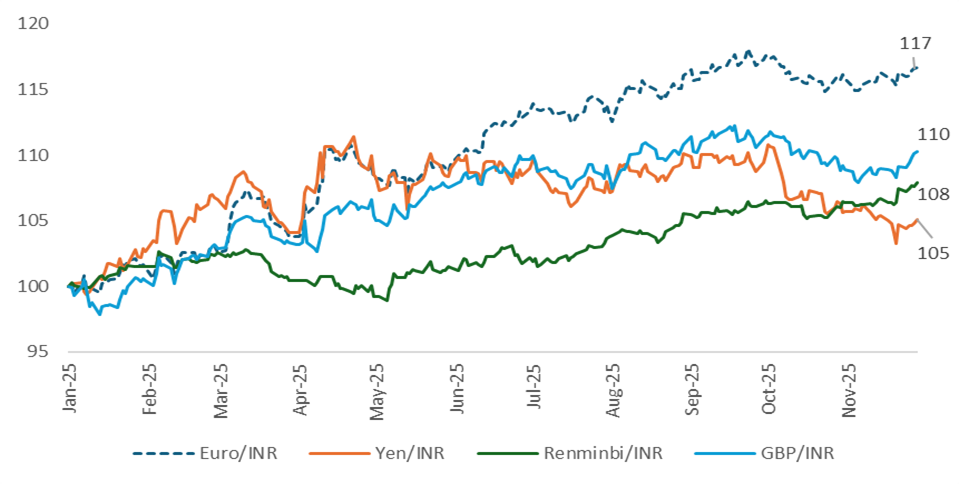India's reputation as the "cancer capital of the world" has drawn attention from around the globe and caused national alarm. Alarming data from a recent survey conducted by Apollo Hospitals on World Health Day 2024 show that Indians' general health is declining.
 | The Apollo Hospitals Health of the Nation 2024 Report has brought some significant & alarming trends to light regarding the health landscape of India. Over the last two decades, Non-Communicable Diseases have surged to become the leading cause of death in the country. Among these, Cancer stands out prominently, with India poised to become the ... www.youtube.com |
According to the report, there were around 14 lakh cases of cancer in India in 2020, and by 2025, that figure is predicted to climb to 15.7 lakh.
India is now known as the "cancer capital of the world" due to an increase in cancer cases that is higher than the global average. While lung, oral, and prostate cancers are more common in men, women are more likely to develop breast, cervix, and ovarian cancers.
The rising prevalence of non-communicable diseases (NCDs), such as diabetes, hypertension, cardiovascular disorders, and mental health problems, is also mentioned in the report.
According to the survey, one in three Indians have pre-diabetes, two in three have pre-hypertension, and one in ten have depression.
According to the Apollo research, there has been a worrying increase in mental health illnesses, particularly among people between the ages of 18 and 40. Depression has emerged as a major problem. It further stated that one in five adults between the ages of 18 and 25 suffers from depression.
Furthermore, long-term stress, which is common in young adults and the elderly, raises the risk of diabetes and hypertension, which primarily impact women.
A growing number of people are obese, which increases the risk of non-communicable diseases. Most of them have unhealthy waist-to-hip ratios and excess belly fat. According to the survey, ninety percent of women and eighty percent of males are overweight or obese, and three out of four people are either obese or overweight.
Additionally, the survey shows that prediabetes and high blood pressure are becoming more common, particularly in younger people.






